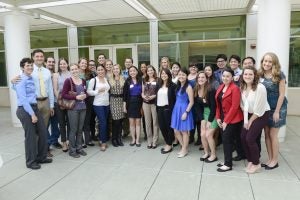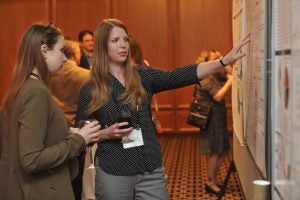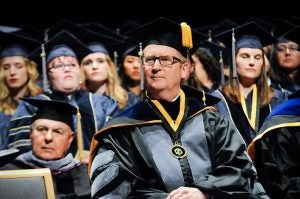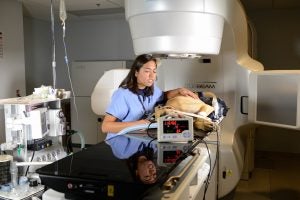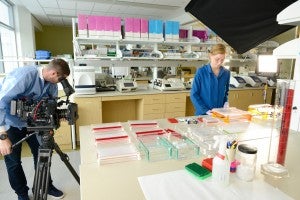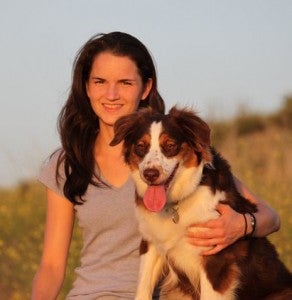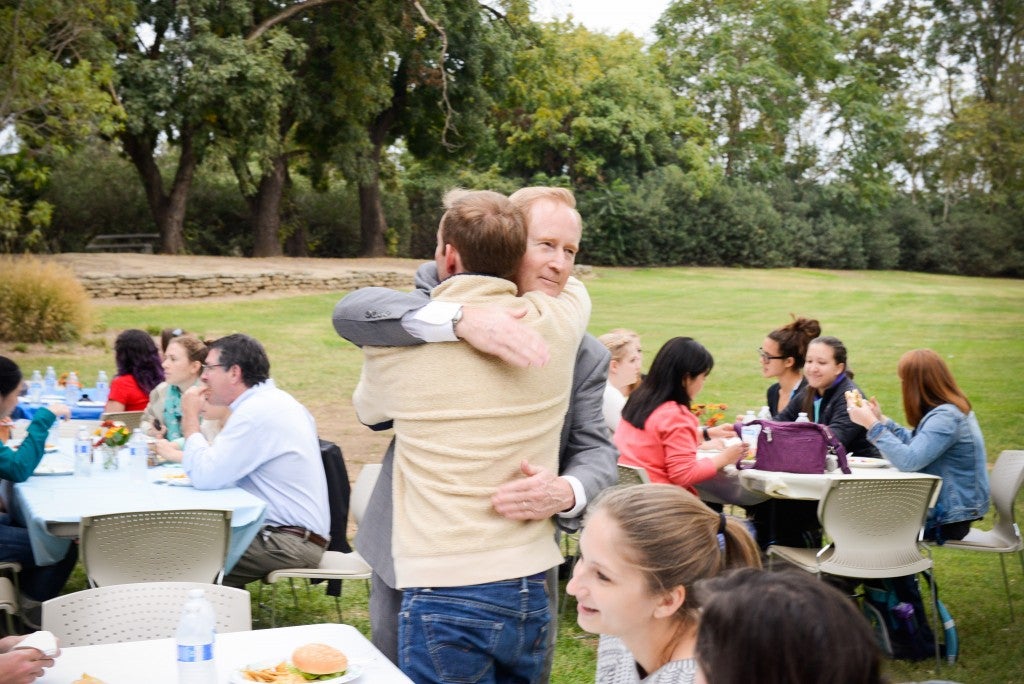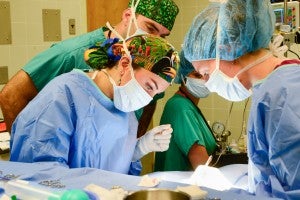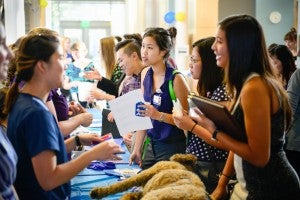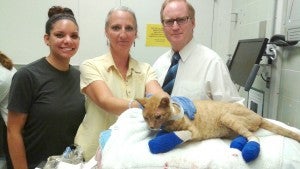“Start by doing what’s necessary; then do what’s possible; and suddenly you are doing the impossible.” Francis of Assisi
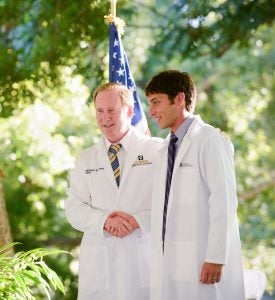 As a society, we face many challenges in our ever-changing world. The tumultuous events of this past year have changed many people’s perspective on the future. Our planet is threatened by climate change and human-made toxins that threaten us and the animals that share our environment. Closer to home, we are confronted with increasing pressures to provide high quality education for the next generation of scientists and veterinarians, while the state and federal resources for higher education are under siege. On a daily basis, our staff and faculty strive for excellence, but face challenges ranging from the intense competition for grant funding to crowded exam rooms. Our students struggle to find time for their own wellness, while under the stress of an intense curriculum and the cost of paying back their student loans. We all have our burdens to bear, which can seem impossible to overcome, especially during a holiday season that may inadvertently add the pressure to feel happy when we may not feel like rejoicing.
As a society, we face many challenges in our ever-changing world. The tumultuous events of this past year have changed many people’s perspective on the future. Our planet is threatened by climate change and human-made toxins that threaten us and the animals that share our environment. Closer to home, we are confronted with increasing pressures to provide high quality education for the next generation of scientists and veterinarians, while the state and federal resources for higher education are under siege. On a daily basis, our staff and faculty strive for excellence, but face challenges ranging from the intense competition for grant funding to crowded exam rooms. Our students struggle to find time for their own wellness, while under the stress of an intense curriculum and the cost of paying back their student loans. We all have our burdens to bear, which can seem impossible to overcome, especially during a holiday season that may inadvertently add the pressure to feel happy when we may not feel like rejoicing.

